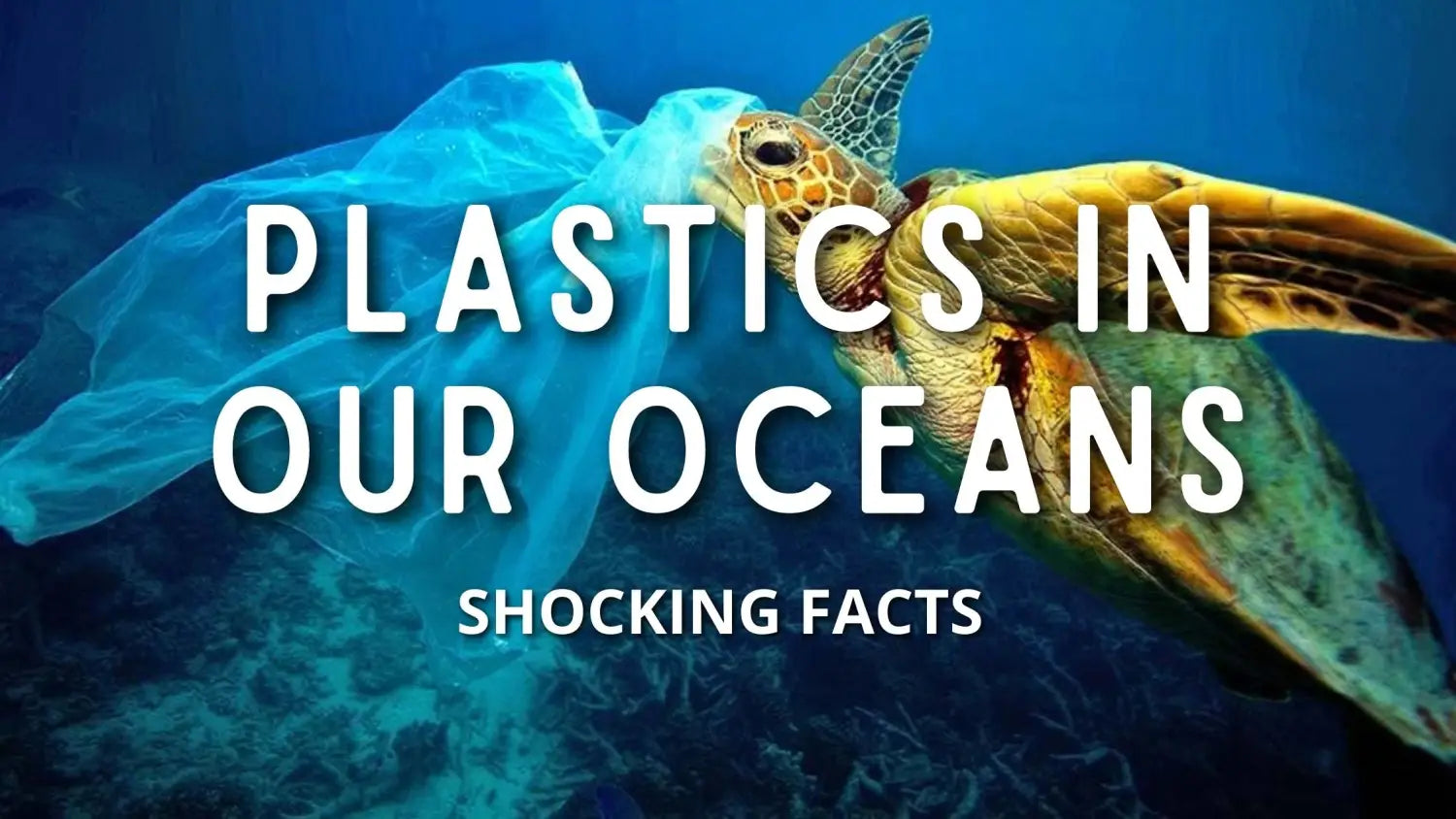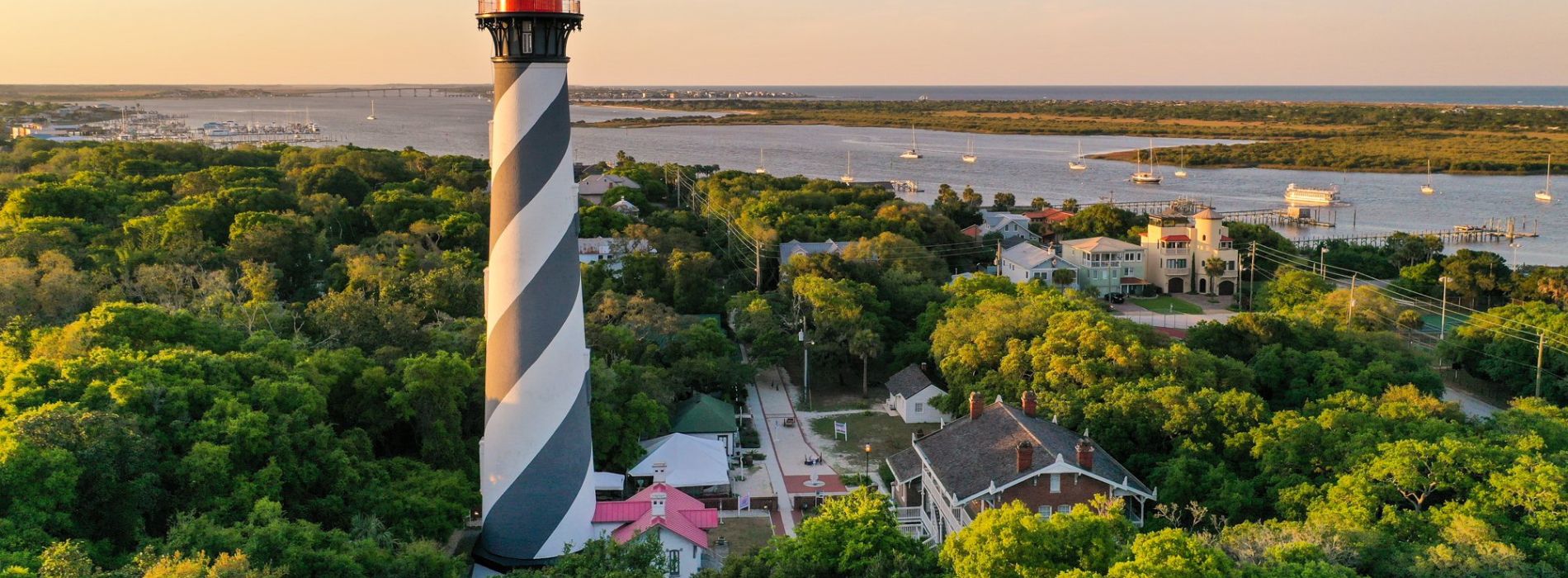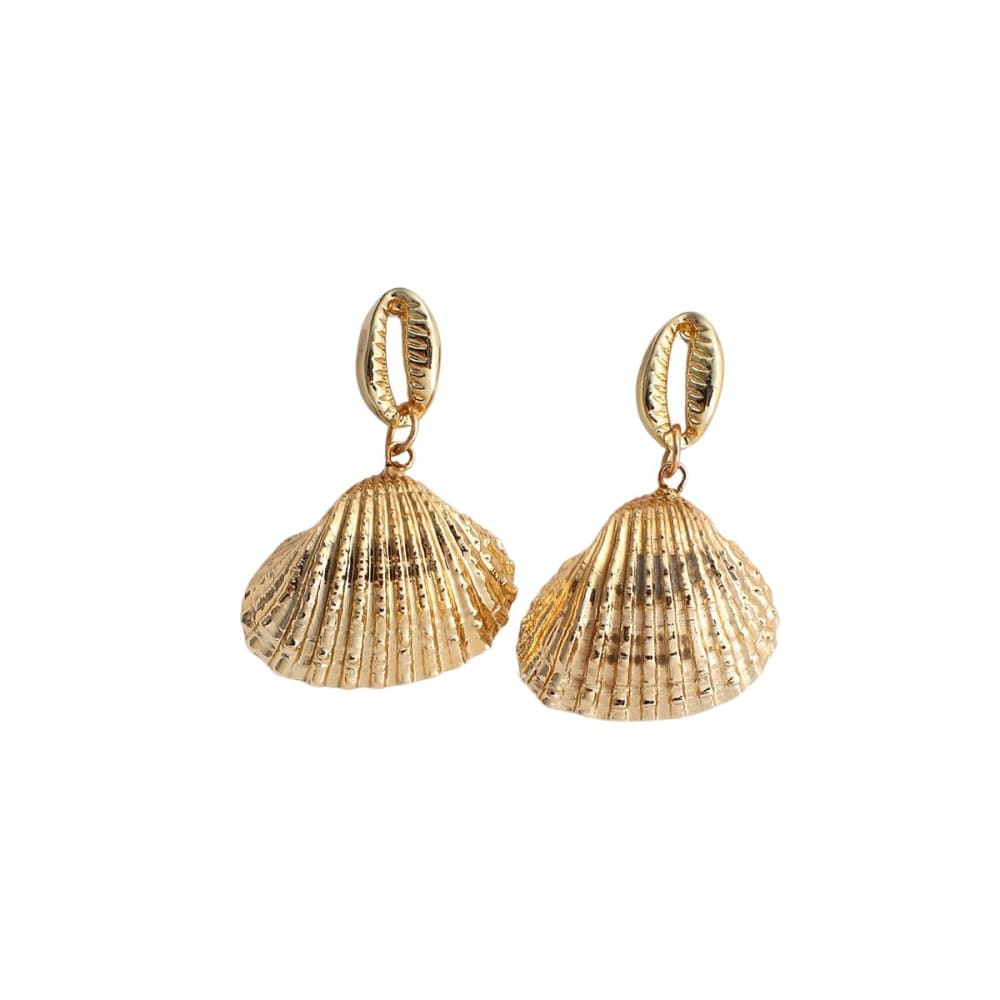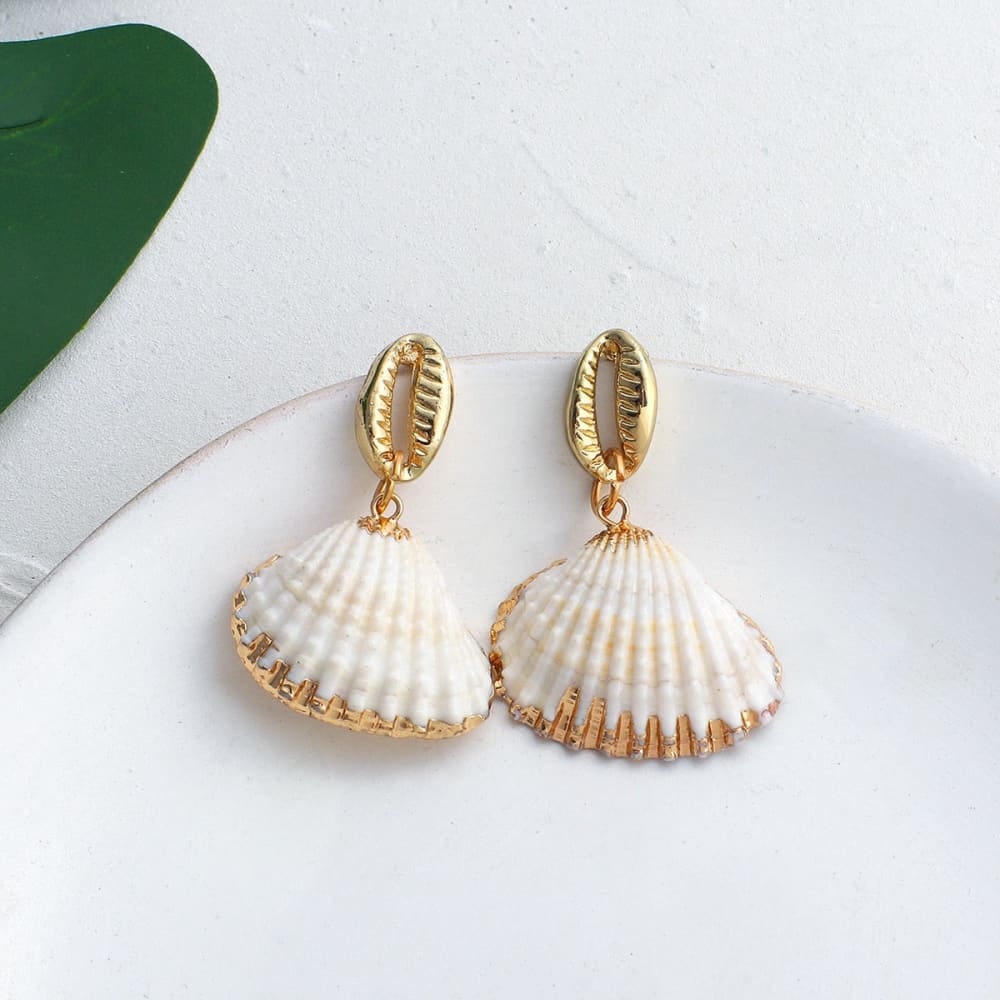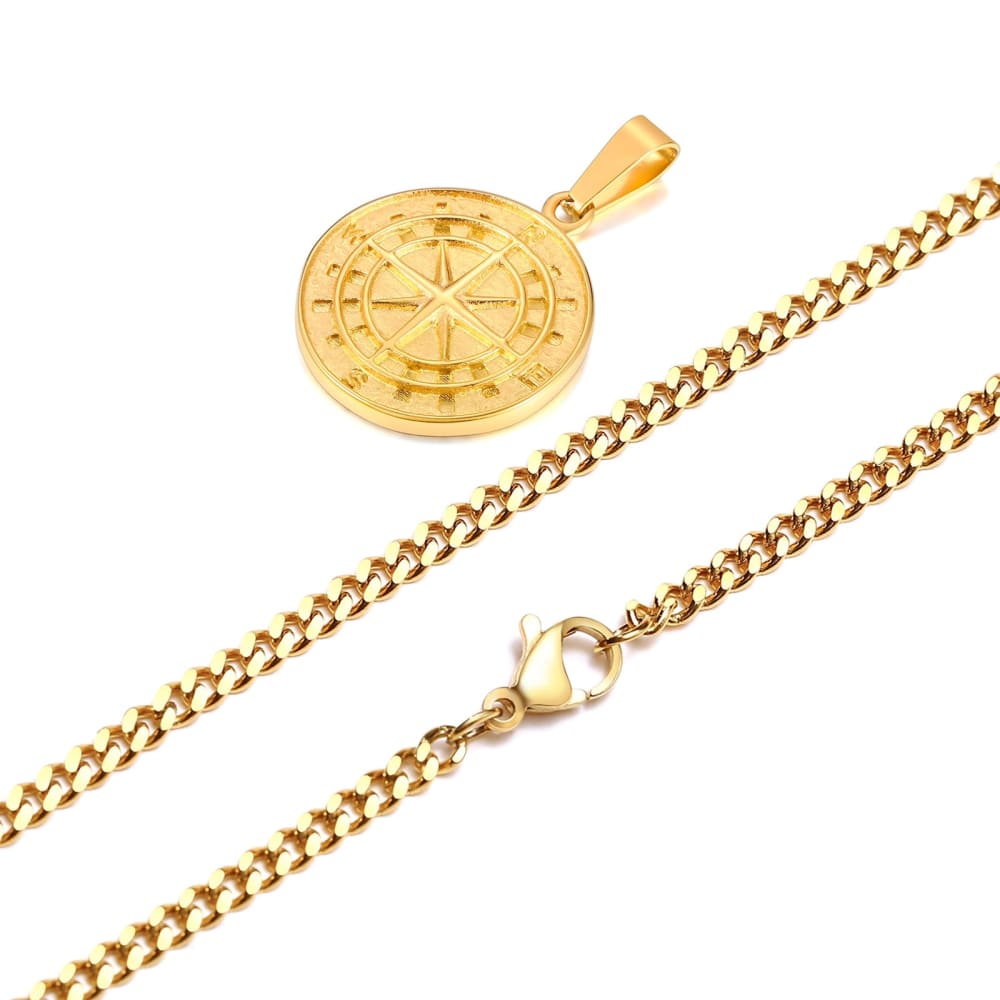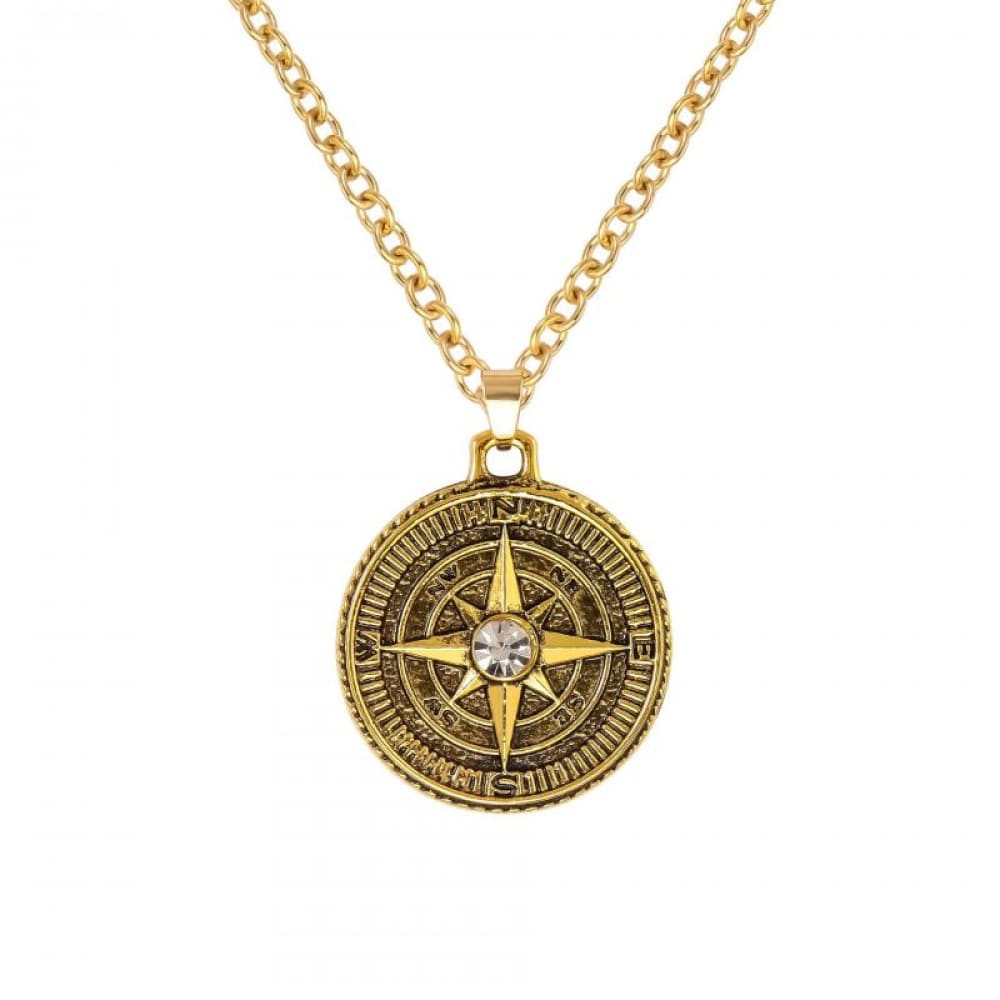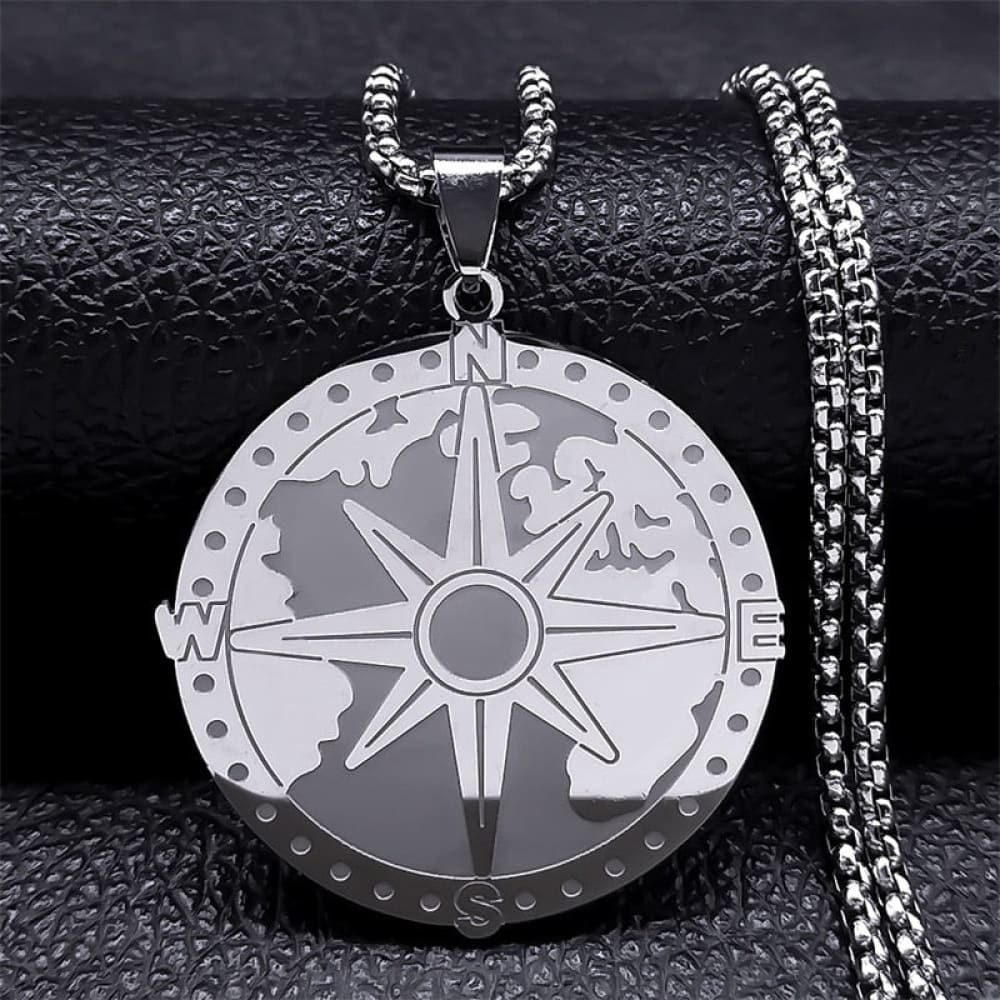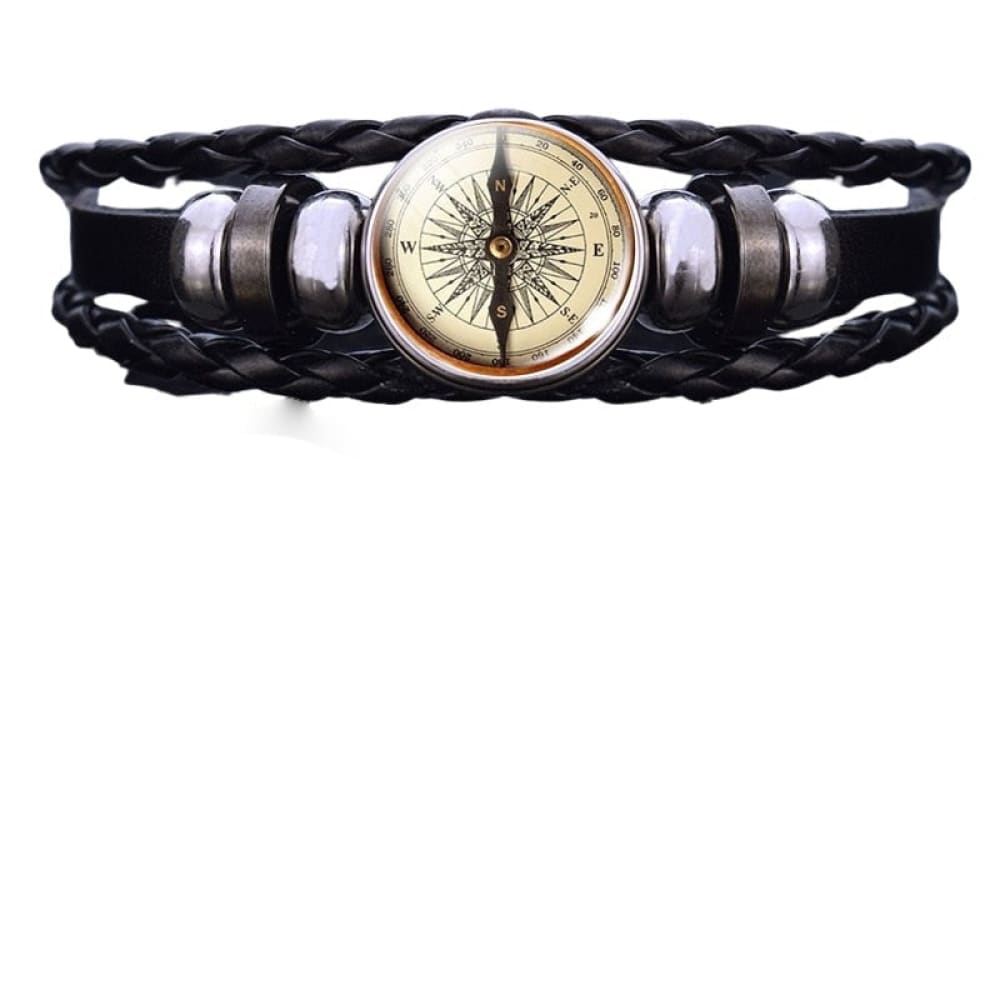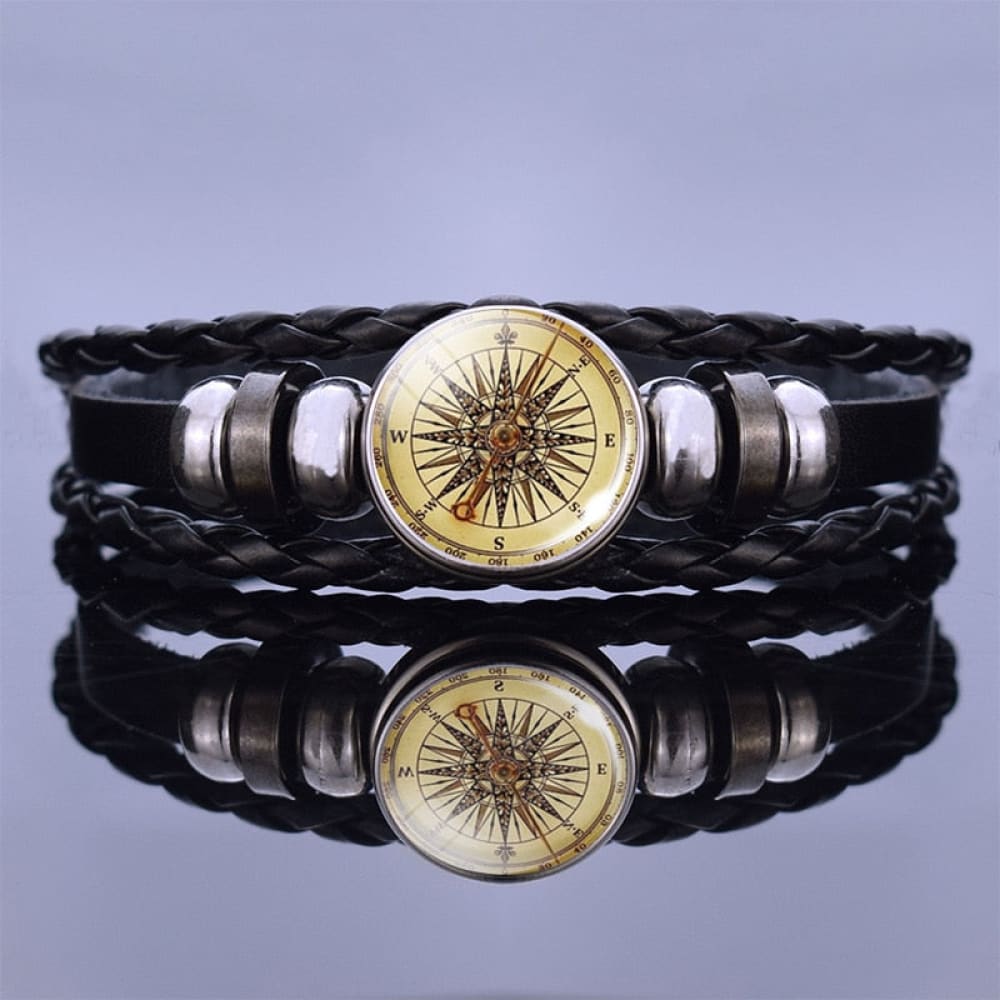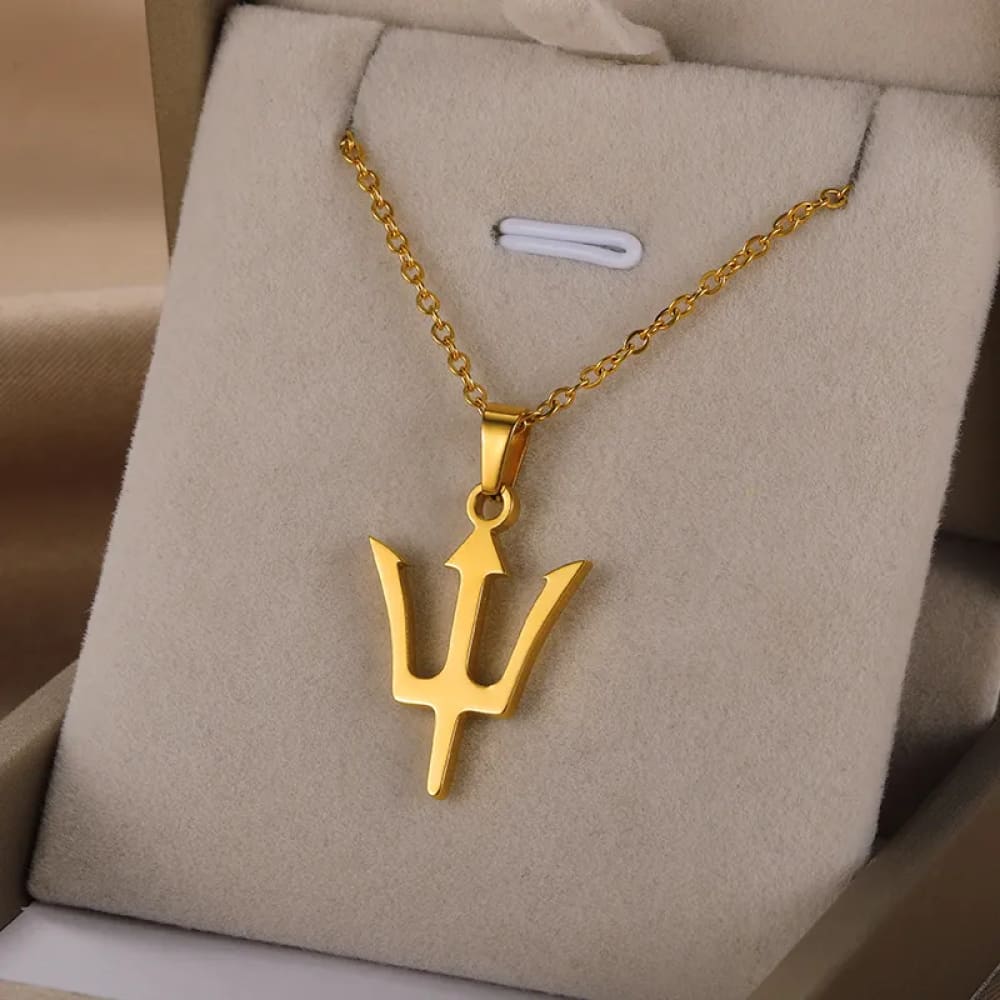Plastic pollution is a major environmental issue that is having a devastating impact on the world's oceans. From the Great Pacific Garbage Patch to the microscopic particles that are entering the food chain, plastics are having a profound and lasting impact on marine life and the health of the oceans.
Shocking Facts About Plastics in Our Oceans
In this guide, we will take a closer look at the problem of plastic pollution and uncover some shocking facts about plastics in our oceans.
1. The Great Pacific Garbage Patch is the largest accumulation of ocean plastic
The Great Pacific Garbage Patch is the largest accumulation of ocean plastic in the world, and it is located between Hawaii and California. The patch is made up of millions of tiny plastic particles that have been broken down by the sun and the sea. The patch is estimated to be twice the size of Texas, and it is growing every day.
2. Plastics are entering the food chain
Plastics are entering the food chain through the process of bioaccumulation. Small marine animals, such as plankton and krill, are consuming plastic particles, and these particles are then passed up the food chain to larger animals. As a result, plastics are being found in the tissues and organs of a wide range of marine species, including fish, birds, and mammals.
3. Plastic pollution is harming marine life
Plastic pollution is having a devastating impact on marine life, and it is estimated that up to 1 million seabirds and 100,000 marine mammals die each year as a result of plastic pollution. Plastics can entangle and suffocate marine animals, and they can also be ingested, leading to blockages in the digestive system and other serious health issues.
4. Most plastic pollution is caused by humans
Most plastic pollution is caused by humans, and it is estimated that 80% of ocean plastic comes from land-based sources. Some of the main sources of plastic pollution include litter, such as bottles and bags, and waste from industries such as fishing and shipping.
5. There are alternatives to single-use plastics
One of the main contributors to plastic pollution is the use of single-use plastics, such as bottles and bags. While these products are convenient, they are also a major source of plastic waste. There are alternatives to single-use plastics, such as reusable bottles and bags, and many companies are working to develop more sustainable products.
6. Plastic pollution is a global problem
Plastic pollution is not just a problem in the oceans, but it is also a global problem that affects all regions of the world. From the Arctic to the Mediterranean, plastic pollution is having a serious impact on the health of the environment.
7. There are efforts to reduce plastic pollution
There are efforts underway to reduce plastic pollution and protect the oceans. Governments and organizations around the world are working to reduce the use of single-use plastics and to increase recycling rates. There are also initiatives to clean up the oceans, such as the Ocean Cleanup project, which is working to remove plastic from the Great Pacific Garbage Patch.
8. We can all take action to reduce plastic pollution
We can all take action to reduce plastic pollution and protect the oceans. Some simple steps that we can take include using reusable bags and bottles, recycling, and properly disposing of waste. By making small changes in our daily lives, we can help to reduce plastic pollution and protect the oceans for future generations.
Shocking Facts About Plastics in Our Oceans Conclusion
Plastic pollution is a major environmental issue that is having a devastating impact on the oceans and marine life.
From the Great Pacific Garbage Patch to the microscopic particles that are entering the food chain, plastics are having a profound and lasting impact on the health of the oceans.
Most plastic pollution is caused by humans, and it is estimated that 80% of ocean plastic comes from land-based sources.
There are efforts underway to reduce plastic pollution and protect the oceans, and we can all take action to reduce plastic pollution and protect the oceans for future generations. By making small changes in our daily lives and supporting organizations that are working to reduce plastic pollution, we can help to create a cleaner and healthier planet for all.

